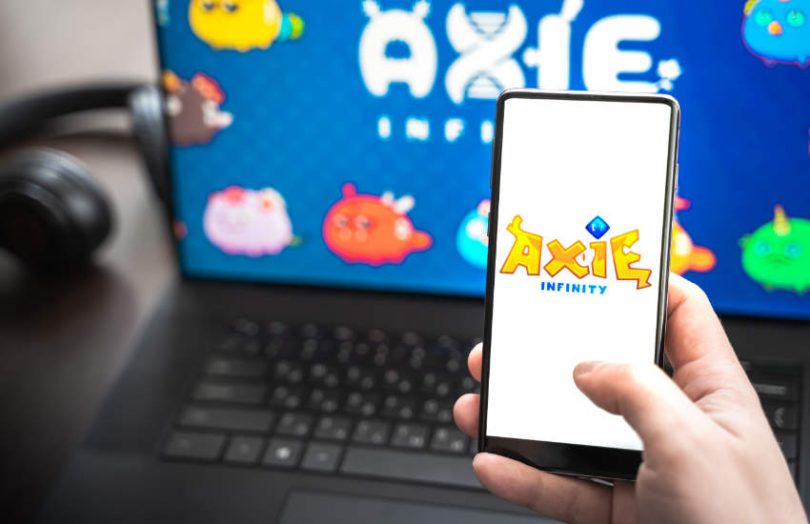Last week the International Game Developers Association (IGDA), a nonprofit professional organization for members of the gaming industry, pushed back against blockchain gaming and non-fungible tokens (NFTs).
Interim executive director of the IGDA, Jakin Vela, expressed the organization’s growing concerns over the ethical issues surrounding blockchain gaming in an interview with Ars Technica. He highlighted concerns over energy efficiency, game dynamics, social issues, and the prevalence of scams and pyramid schemes in blockchain gaming.
In July last year, the IGDA published a call to action on blockchain gaming which focused on the industry’s growing energy consumption and its negative impact on the climate. The organization asked game developers to stop using NFTs and to use blockchains with proof-of-stake (PoS) mechanisms instead of alternatives with energy-inefficient proof-of-work (PoW) protocols.
The environmental advantages of PoS mechanisms have long been acknowledged in the blockchain gaming industry, with Ubisoft citing the Tezos blockchain’s PoS consensus algorithm as a key reason for participating in the Tezos ecosystem in April last year.
However, the IGDA has now indicated an even stronger stance on energy efficiency in blockchain gaming.
“Even now, more research is coming out, and proof of stake is still reliant on ecosystems that are driving carbon emission up further,” said interim executive director of the IGDA, Jakin Vela, in the Ars Technica nterview. In February, the UK branch of the WWF pulled its NFT offering after launching it on a proof of stake Ethereum sidechain Polygon. The WWF had estimated that each transaction used roughly one-fifth of a gram of CO2. But a blockchain researcher concluded it was closer to 430 grams of CO2 or more than 2,000 times the WWF estimate.
Video game companies SEGA and Take-Two have previously expressed caution over introducing NFTs and play-to-earn (P2E) models. By choosing to “wait and see”, they have the opportunity to learn from the mistakes of others.
Other incumbent gaming companies have chosen to get directly involved in blockchain gaming. Last year, Electronic Arts (EA) published multiple job postings that mentioned blockchain and NFTs. However, in February this year, the company’s CEO Andrew Wilson dialed back enthusiasm related to NFTs following escalating pushback.






